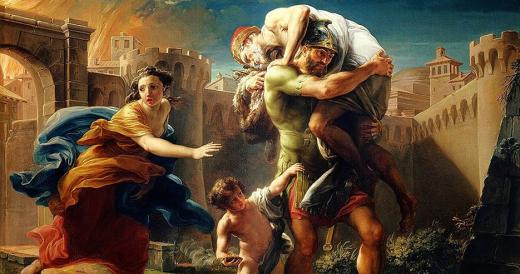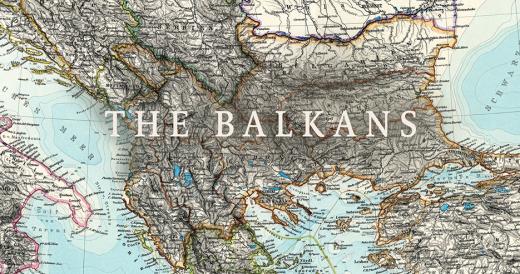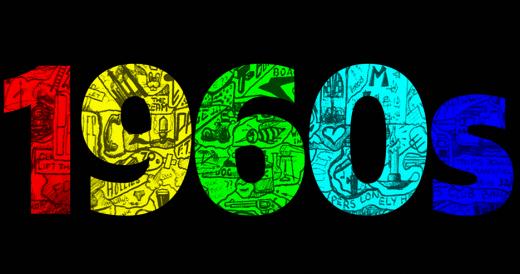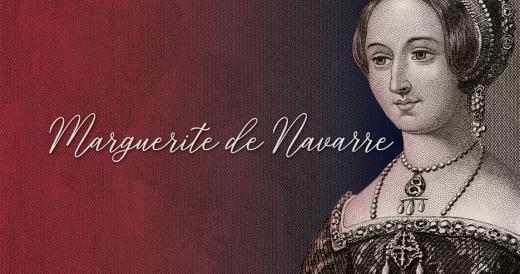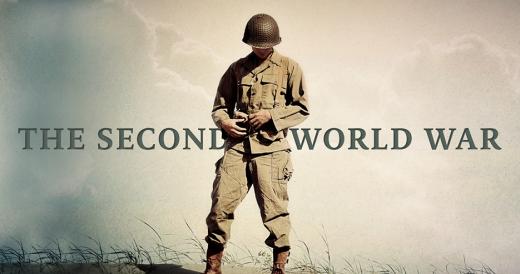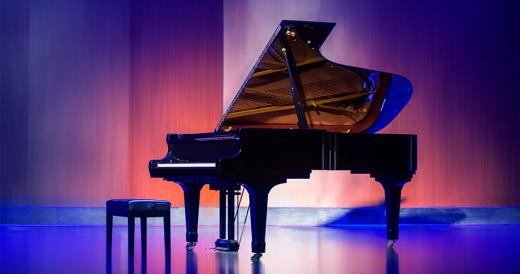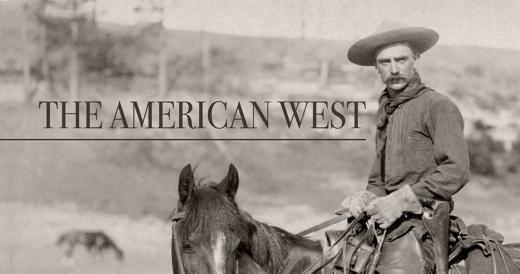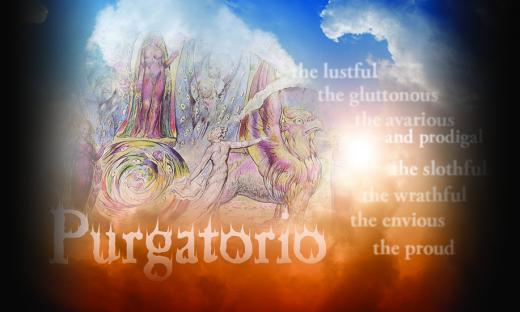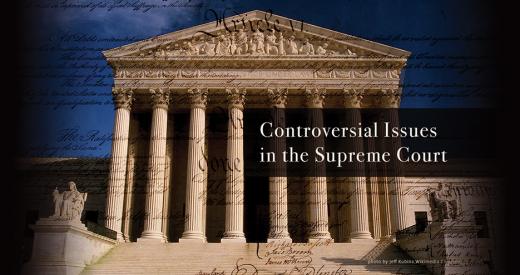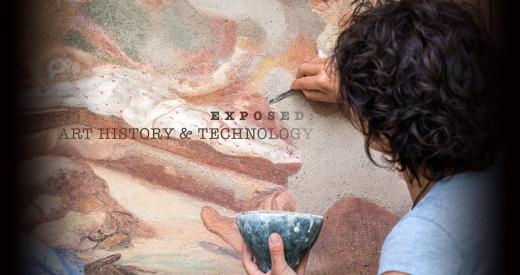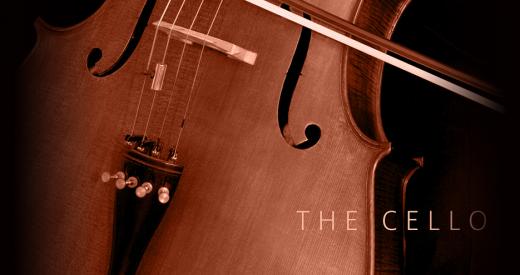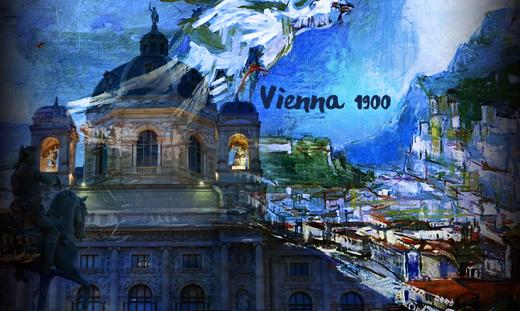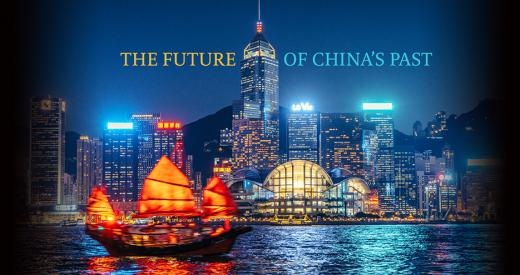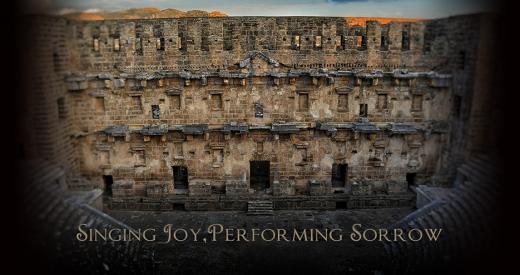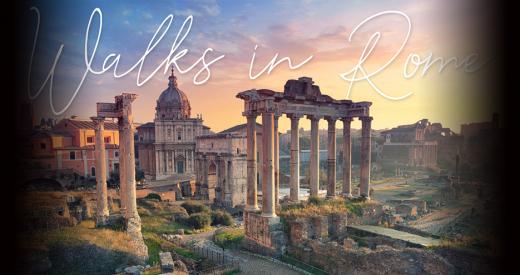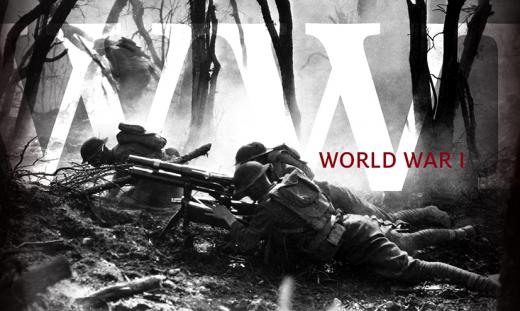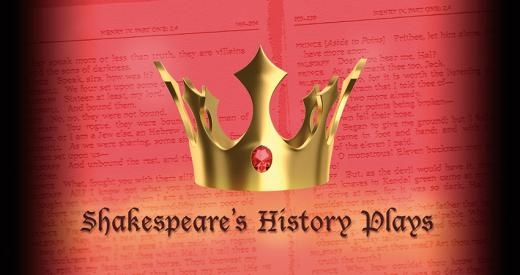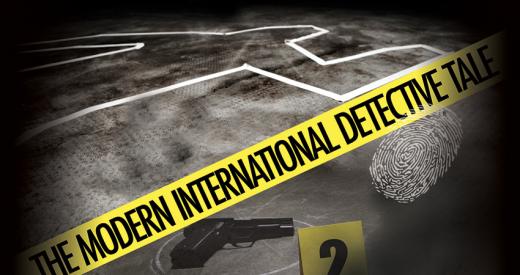Course Archive
Spring 2019
Norman Austin
THURSDAYS
10:00 a.m. to 12:00 p.m.
Jan 24 to Apr 4
This seminar examines Virgil’s Aeneid as well as the pivotal and turbulent context that led to its creation. The course begins with an introduction to the political turmoil that encompassed the fall of the Roman Republic and Octavian’s rise to power as Augustus Caesar, supreme ruler of the Roman Empire. It will then turn to explore the influence of Greece on the development of Roman culture and on Virgil’s development as a poet. Virgil’s objective in the Aeneid was to provide a mythic narrative to explain the Roman people as a continuation in Italy of the Trojans celebrated by Homer. The...
Grace Fielder
WEDNESDAYS
1:00 p.m. - 4:00 p.m.
Jan 23 to Apr 3
The Balkans has typically been described stereotypically and which countries belong in the Balkans today remains contentious. In this course, we will examine the Balkans from a variety of perspectives: the cultural-historical background of the Balkans as a geopolitical construct, as well as the ethnic, national, and religious identities as interpreted by the people themselves, governing entities, and outside observers. Documentary and narrative films by Balkan filmmakers will enhance our exploration of the various social, historical, and cultural factors that influence a group's conception of...
Paul Ivey
WEDNESDAYS
9:00 a.m. - 12:00 p.m.
Jan 23 to Apr 3
This course will explore the culture, counterculture, and art of the long decade of the 1960s. Our focus will center on youthful artists in the United States, beginning with Abstract Expressionism and ending with Performance art and what critic Lucy Lippard called the “dematerialization of the art object.” Social history, semiotic analysis, literary and film theory, and art history will inform class discussions. Themes include the Cold War and Beat culture, the rise of Minimalism and Pop Art, psychedelic experience, the prominence of advertising and the marketing of “cool,” student movements...
Elizabeth Chesney Zegura
TUESDAYS
1:00 p.m. to 3:00 p.m.
Jan 22 to Apr 2
This course will focus on Marguerite de Navarre’s Heptaméron, a collection of putatively “true” stories inspired by Boccaccio’s Decameron. Composed in the 1540s, the entertaining Heptaméron is puzzling on several counts. That the Queen of Navarre, sister of King Francis I and a woman known for her piety, would pen such racy tales—about adultery, trickery, clergy abuse, and murder—is surprising in and of itself. We will explore this conundrum throughout the course. In particular, we will examine realistic elements within the stories, which offer glimpses of everyday Renaissance life; the moral...
Richard Poss
FRIDAYS
9:00 a.m. to 12:00 p.m.
Jan 18 to Apr 5
This course is an interdisciplinary exploration of the central conflict of the twentieth century. Our approach to the topic will be roughly chronological and will attempt to treat each of the major theaters and battles, themes, and ideas of the conflict. We will trace its origins in the aftermath of WWI, see the growth of fascism, the expansion of the Japanese Empire, and the rise of Hitler. In an effort to cover all the theaters of the war, both in Europe and in the Pacific, we will first examine the campaigns and battles in a conventional “military history” sense. In addition to this, we...
John Milbauer
THURSDAYS
6:00 p.m. to 9:00 p.m.
Jan 17 to Feb 7
Why is it that much classical music written after 1910 remains difficult for audiences? The answer lies partially in the splintering of compositional languages throughout the 20th century, languages that can leave listeners unnecessarily flummoxed and dissatisfied. In this class, Dr. Milbauer will lead—from the piano bench—a sweeping tour of compositional movements from the turn of the 20th century to the present, finding windows into understanding by linking newer composers with their better-known antecedents and by referencing visual arts, physics, literature, philosophy, dance, and history...
Roger Nichols
TUESDAYS
10:00 a.m. to 12:00 p.m.
Jan 15 to Feb 12
Most of the people in the world know something about the American West. Usually popular ideas about it come from the work of novelists, artists, performers, filmmakers and TV producers, who created a mythical time and place where self-reliant pioneers overcame physical hardship, dangerous Indians, and environmental challenges to populate the region. Reality suggests a different picture. Hundreds of thousands of homesteaders failed, the vast majority of would-be miners never struck it rich, and most pioneers never met hostile Indians. Yet, at the same time reality really did follow the script...
Fall 2018
Fabian Alfie
THURSDAYS
10:00 a.m. to 1:00 p.m.
Nov 8 to Dec 6
Dante’s Purgatorio, as is well known, is not a standalone text; it is simply the second part of The Divine Comedy. In this course we will deal with Dante’s views on redemption and salvation as represented in his Purgatorio. Our focus will be the nature of sin: How it is that appetites which keep the body and species alive are evil (i.e., lust and gluttony). And how human beings can transcend their fallen nature (with divine assistance). We will cover the numerous historical personages and references in the work, as well as the theology implicit in it. Dante’s Purgatorio changes the tone of...
Leslie P. Tolbert
THURSDAYS
2:00 p.m. to 4:00 p.m.
Nov 8 to Dec 13
Professor Tolbert brings back her popular spring 2016 course with some exciting updates!
Please Note: We will be offering two sessions of this course in the coming semester.
Session 1 will be held in the morning from 9 - 11 AM.
Session 2 will be held in the afternoon from 2 - 4 PM.
Both sessions will contain the same class content and will be held on the same dates this Fall.
The human brain, guiding our every thought and action, is as complex as anything we know. Its almost unimaginable complexity arises from minute interconnections between tens of billions of nerve cells. If we could map...
Greg Sakall
WEDNESDAYS
6:00 p.m. to 8:00 p.m.
Nov 8 to Dec 12
This course explores the United States Supreme Court and its role in deciding fundamental social questions. After an introductory class on the Court itself, we will focus on landmark cases involving race in education, abortion, religious freedom, and wartime detention. Readings will include edited versions of the Court’s opinions. Students will develop a deeper understanding of the Court’s power, function, and role as part of the larger government, and appreciate whether and when we should accede to the Court’s interpretation of the Constitution.
Leslie P. Tolbert
THURSDAYS
9:00 a.m. to 11:00 a.m.
Nov 8 to Dec 13
Professor Tolbert brings back her popular spring 2016 course with some exciting updates!
Please Note: We will be offering two sessions of this course in the coming semester.
Session 1 will be held in the morning from 9 - 11 AM.
Session 2 will be held in the afternoon from 2 - 4 PM.
Both sessions will contain the same class content and will be held on the same dates this Fall.
The human brain, guiding our every thought and action, is as complex as anything we know. Its almost unimaginable complexity arises from minute interconnections between tens of billions of nerve cells. If we could map...
Olivia Miller
WEDNESDAYS
9:00 a.m. to 12:00 p.m.
Oct 17 to Nov 14
Science and technology enhance our understanding of cultural history by uniting scholars across disciplines in order to expand art historical perspectives and preserve cultural masterpieces. This course begins with an overview of the campus collections and the basic tenets of museum collections care. Guest presentations by scholars from across the University of Arizona will examine the studies of art production, materials science, and cutting-edge dating and imaging methods. In conclusion, we will review the latest in conservation technology and the issues surrounding the collecting and...
Theodore Buchholz
MONDAYS
1:00 p.m. to 3:00 p.m.
Oct 15 to Nov 5
The cello is an incredibly expressive and versatile instrument, reflecting the scope and trends of western music history. In this course, we will explore the origins of the cello, compare the unique artistries of historic cellists, enjoy movements from the monumental Suites for Unaccompanied Cello by Bach, look through the intimate lens of sonatas and chamber music, and indulge in the expressive and virtuosic brushstrokes of the concerto repertoire. Live performances by outstanding cellists from the University of Arizona Cello Studio will be featured in class. Finally, this incredibly rich...
Thomas Kovach
FRIDAYS
10:00 a.m. to 12:00 p.m.
Oct 5 to Dec 14
This course will explore how the political developments at the turn of the twentieth century shaped the culture of Vienna. The failure of liberalism after its brief period in power due to the economic crisis of the 1870s, the rise of anti-Semitic parties, and World War I caused vast cultural upheaval that may be seen in the period’s works of literature, music, art, architecture, philosophy of science, Zionism, and psychoanalysis. We will examine how writers, artists, and other cultural figures dealt with the devastation of World War I and the fall of the Habsburg Empire after centuries of...
Albert Welter
TUESDAYS
1:00 p.m. to 3:00 p.m.
Oct 2 to Dec 11
China’s rise may be the single most transformative event of the contemporary world. Many have called attention to the economic and political impact of China’s rise, but what of China’s cultural renaissance? What does it bode for the future? The reinvention of China’s cultural identity is being shaped in terms of its past, but which past is being held up as the model —Communism, Confucianism, Legalism? This course looks at current engagements with China’s past with an eye toward exploring the factors shaping China’s future. It introduces the traditional lenses of Chinese thought —Confucianism...
Bella Vivante
TUESDAYS
9:00 a.m. to 12:00 p.m.
Oct 2 to Dec 11
Explore ancient Greek plays as dynamic examples of live theater and discover the often-spectacular performance aspects that rival opera, Busby Berkeley musicals or Cirque de Soleil. In this course, we will examine the role of the chorus and the choral odes, which form the musical framework for the plays and whose musical stylings are incredibly diverse and creative. We will encounter memorable characters presented in highly dramatic scenes that are performed to the audience’s delight, horror, and edification. Addressing significant issues of the day, ancient Greek drama continues to resonate...
Cynthia White
THURSDAYS
9:00 a.m. to 12:00 p.m.
Sep 27 to Oct 25
For over two millennia, Rome has been central in the West’s symbolic landscape and the city is still filled with the glorious hidden treasures of centuries. The humanist epigram Quanta Roma fuit ruina docet—‘Her ruins teach us how great Rome was,’ invites a study of this hidden city through different thematic lenses. We will explore the monuments but also urban design, architecture, sculpture, town planning, religion, politics, street life, and texts. We will embark upon our own Grand Tour through five itineraries, as we discover and discuss individual artists and their works, such as Bernini...
Richard Cosgrove
MONDAYS
9:00 a.m. to 12:00 p.m.
Sep 24 to Dec 10
2018 marks the centennial of the Great War, as World War I was originally known. The War ended the Concert of Europe, reworked global geography and transformed the domestic structures of the combatants. This course will examine the War’s origins, explore how it ended the major world empires, and trace the ways it still casts its shadow across the international community today. We will also consider the factors that motivated individuals to continue fighting even as the casualty lists reached catastrophic levels and few families avoided the loss of loved ones from battle, disease, or...
Summer 2018
Peter Medine
FRIDAYS
9:00 a.m. to 12:00 p.m.
Jul 20 to Aug 17
Register Now
Shakespeare's history plays have never been more relevant. In reading Richard II; Henry IV, Part One; Henry IV, Part Two; and Henry V, this seminar will encounter some of the enduring political questions: the transference of power from one reign—or administration—to the next; the connection between public and private morality; and the problematics of removing a legitimate but perhaps unfit king—or head of state. But the plays also include great theatre: the tragedy of Richard II, the ruthlessly ambitious but finally remorseful Henry IV, the comedy of the remarkable Falstaff,...
Malcolm Compitello
FRIDAYS
9:00 a.m. to 12:00 p.m.
Jul 13 to Aug 10
Register Now
Professor Compitello brings his popular summer 2014 course to Oro Valley!
The detective tale, born of the work of Edgar Alan Poe and altered by Dashiell Hammett, evolved over time in the hands of international masters such as Jorge Luis Borges, Manuel Vázquez Montalbán, Andrea Camilleri, and Donna Leon. Our examination helps identify the qualities that provide this genre with its enduring allure, and explores how modern practitioners play with the form and adapt it to the writer’s needs in ways that continue to fuel reader interest. Through the reading of the required primary...


